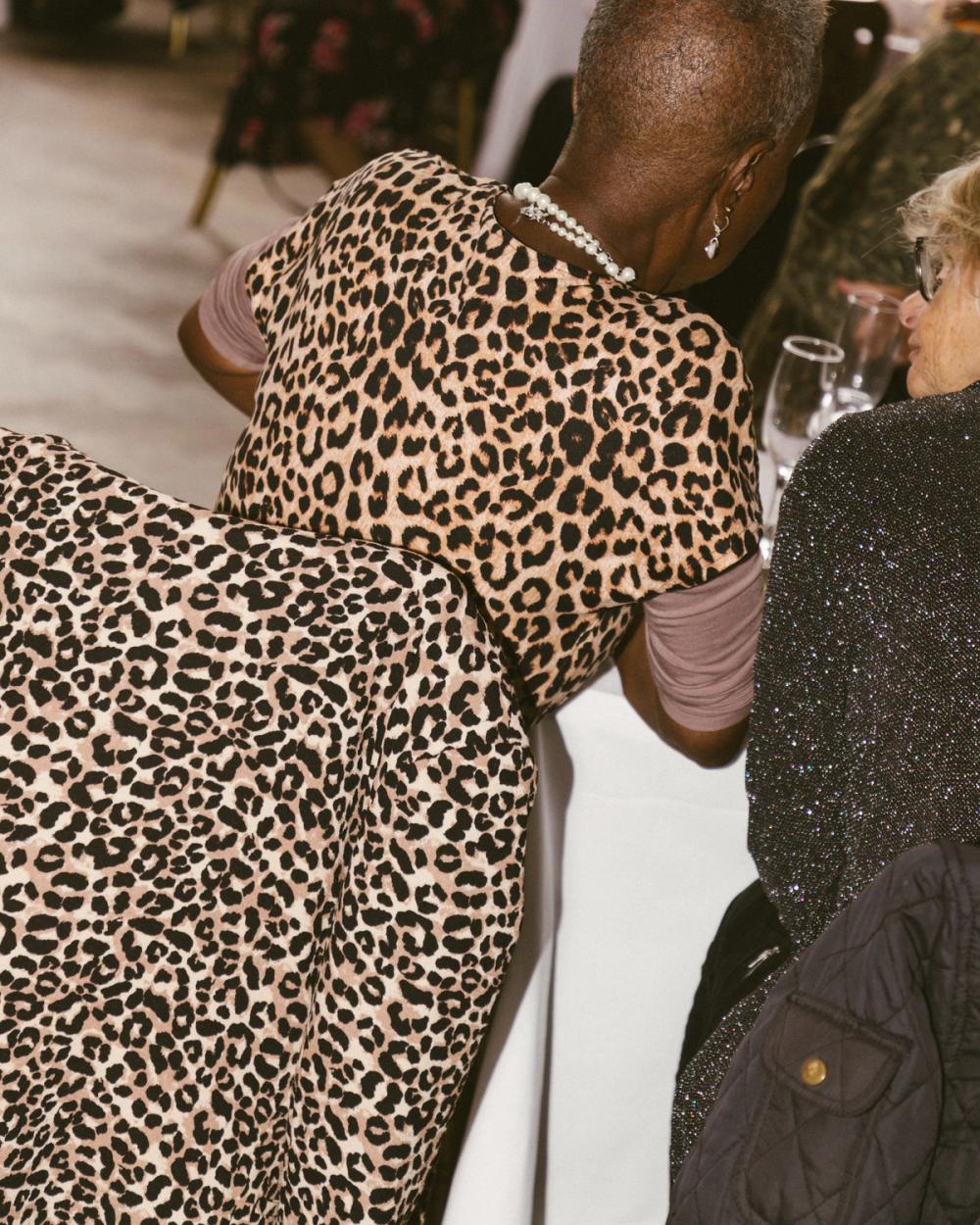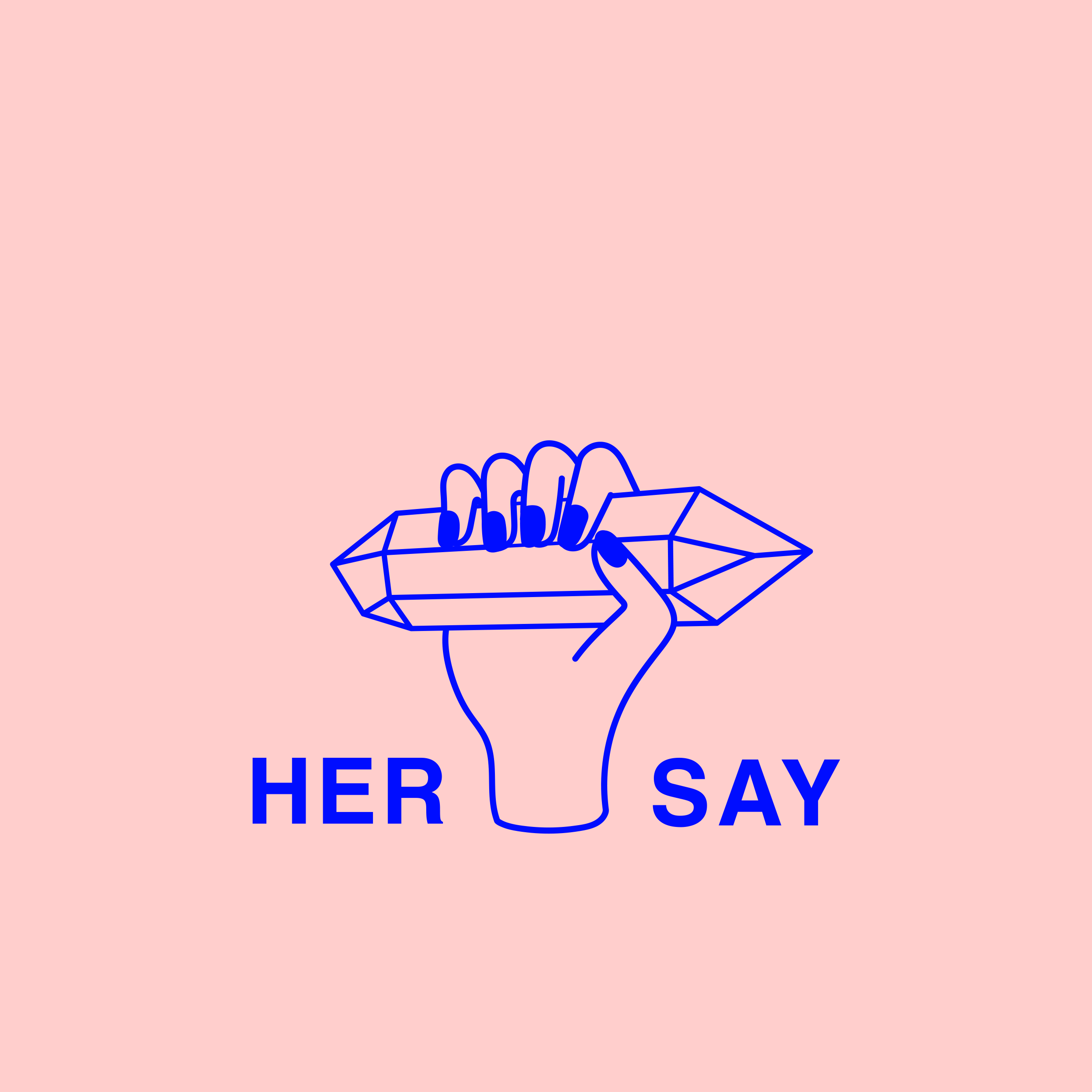For decades, youth culture was measured by how fast you could burn out — late nights, fast living, proof that you were untouchable. Now, in a quiet inversion, the most subversive thing you can do is stay alive — and stay well.
Longevity isn’t a glossy wellness trend. It’s a cultural shift. One that doesn’t ask how many years you have left, but how many of them will feel good. It’s about refusing the script that says energy fades, memory dulls, and vitality thins out with age. Instead, it poses a radical question: what if those so-called inevitabilities are just design flaws we can re-engineer?
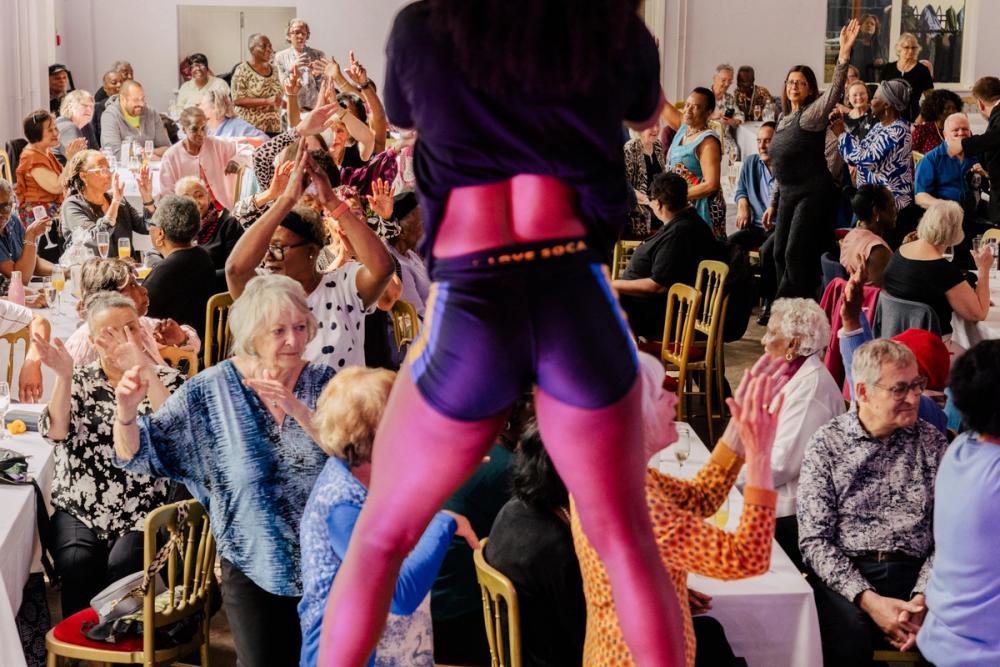
The tools are both futuristic and ancient. Stem cells, exosomes, neuro-enhancement — the kind of science that once lived in hidden laboratories now moving into clinics. And alongside them, the rituals our ancestors always trusted: sweat, ice, fasting, stillness, the quiet knowledge that the body repairs itself when given the space.
But longevity isn’t just for biohackers and futurists. My dad is proof. At 80, he’s still working, still thriving, still saying yes to life. He smokes, he drinks, he doesn’t live like a monk — yet his sense of purpose is magnetic. This summer, he celebrated his birthday with us in Ibiza. Not as a spectator, but in the middle of the chaos, the joy, the noise. He embodies what longevity really is: youth of spirit, anchored by purpose.
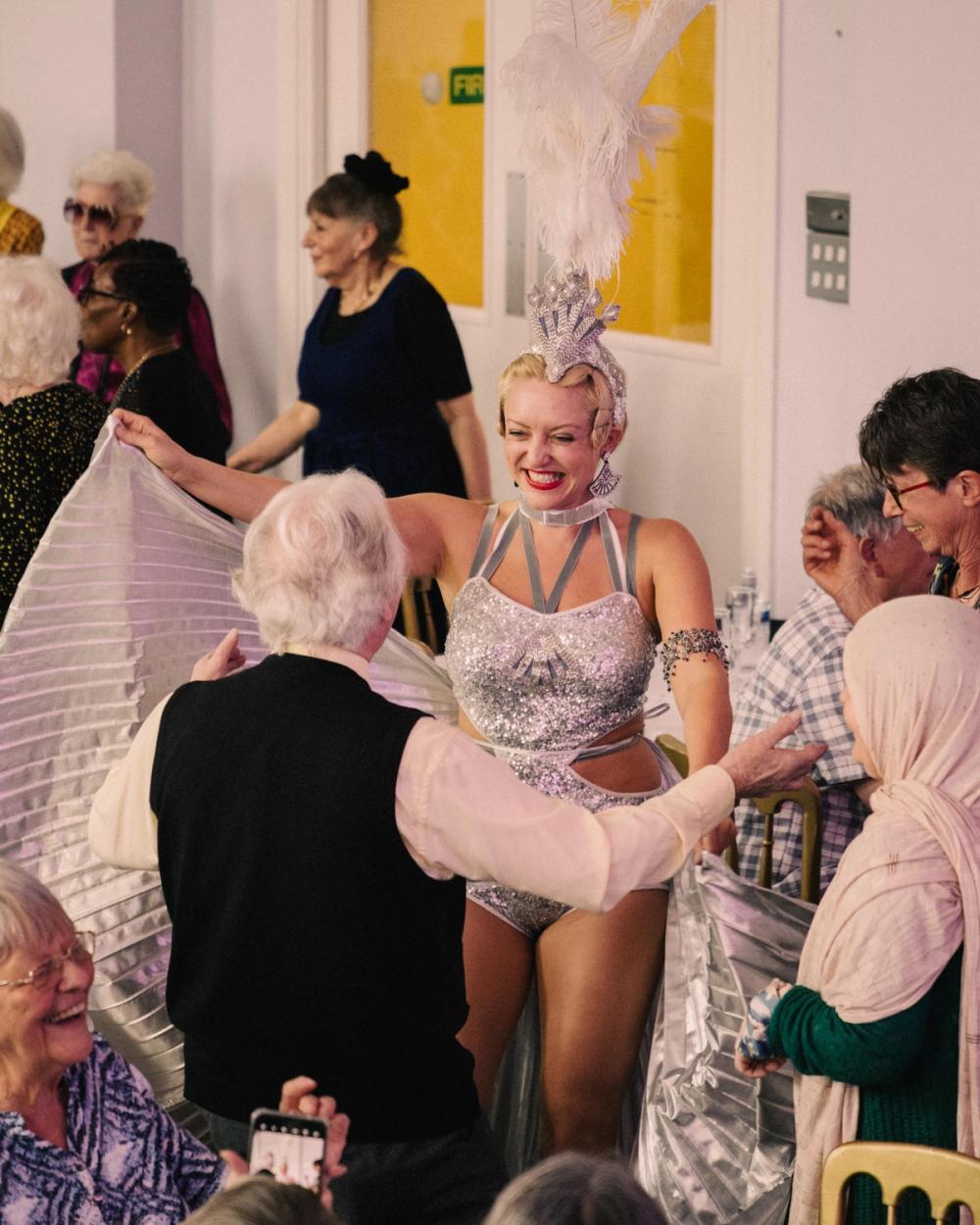
“For me, longevity is about spirit,” he tells me. “I guess I’m not even aware I’m doing it these days, but I’ve always had a capacity to let things go and move on. It’s toxic to harbour angry or judgmental thoughts. If you let them stick, you block your flow. Let it go. Don’t live your age. Stay interested in youth. My granddaughter is my guiding light — her ideas, her chatter always keep me entertained. Same with my daughters. I don’t know who came up with act your age, but I’d say do the opposite.” He grins mischievously. “My daughter calls me her naughty dad, and I’m happy with that.”
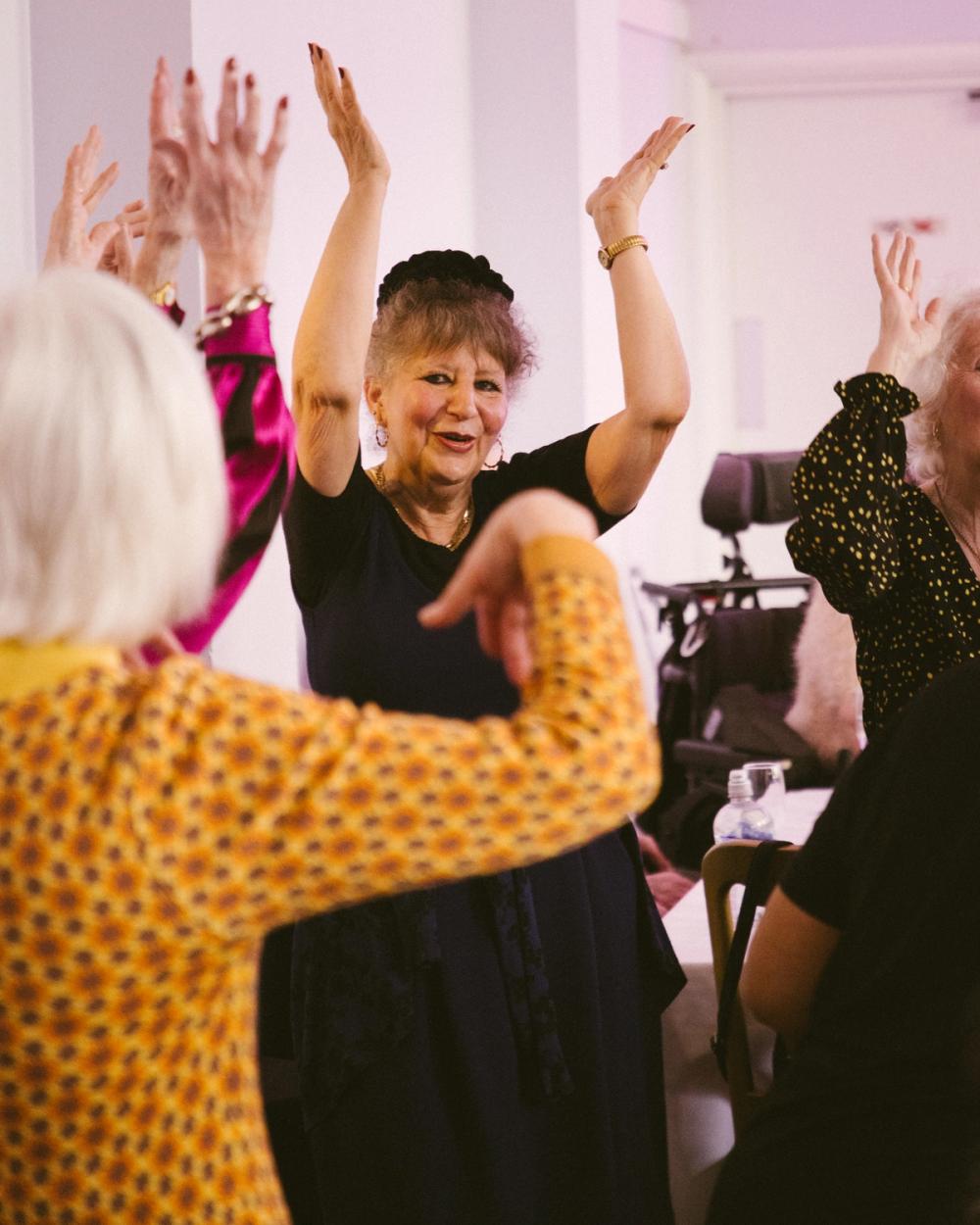
Unlike the performative self-care of the 2010s, longevity isn’t about “clean living” or the optics of wellness. It’s not Instagrammable açai bowls or punishing 5am workouts. It’s forensic, personalised, and quietly radical. Blood panels, sleep data, molecular scans — not as vanity metrics, but as maps to a life you might not otherwise reach.
And perhaps the most interesting part: longevity is collective. We live longer when we’re tethered — to people, to purpose, to something beyond the body. Optimisation without connection is just another form of burnout.
